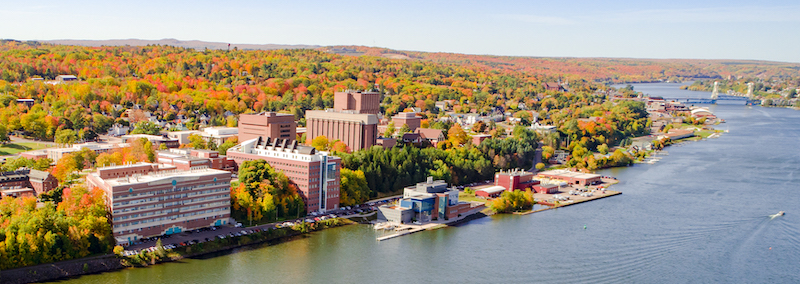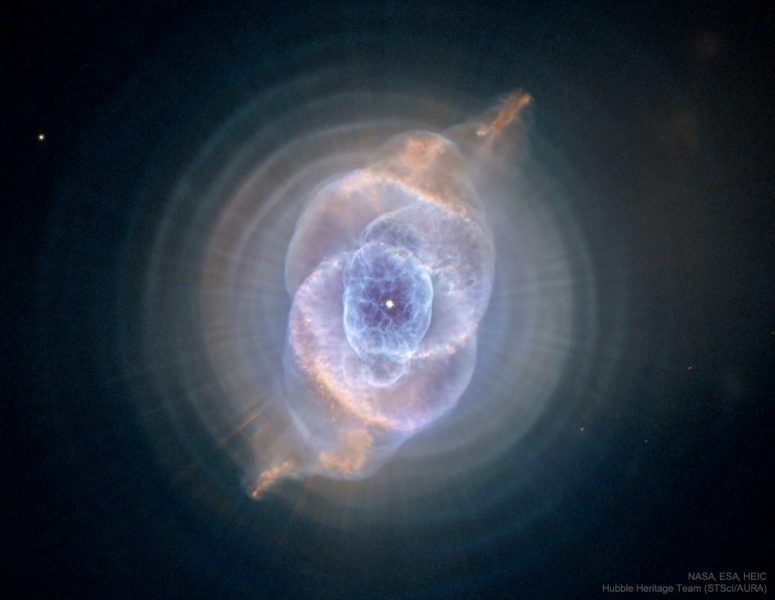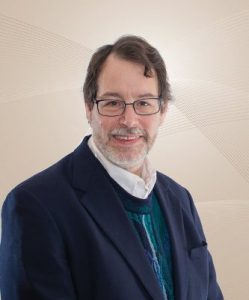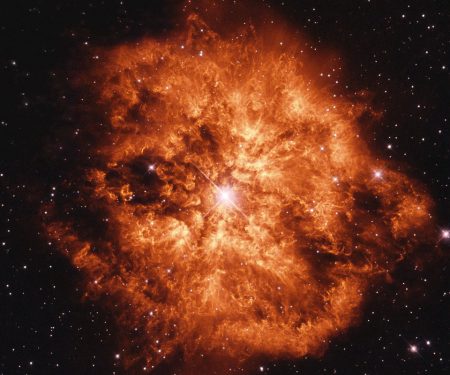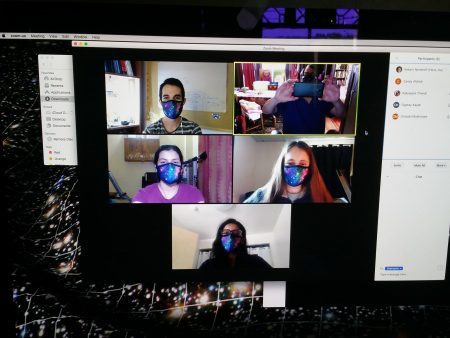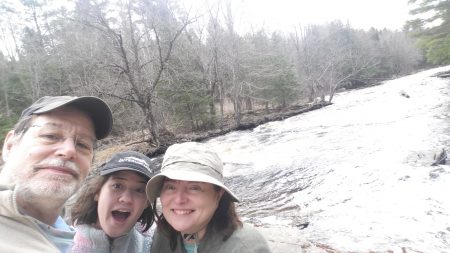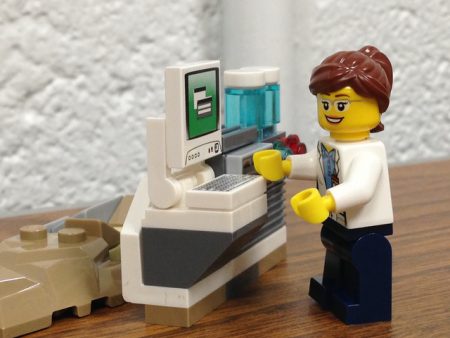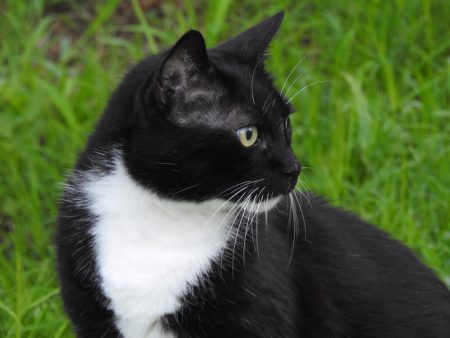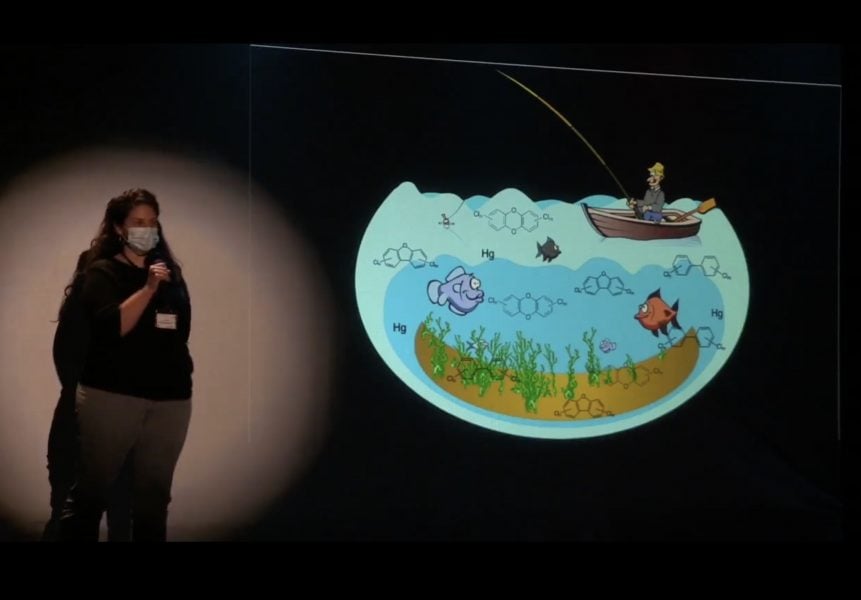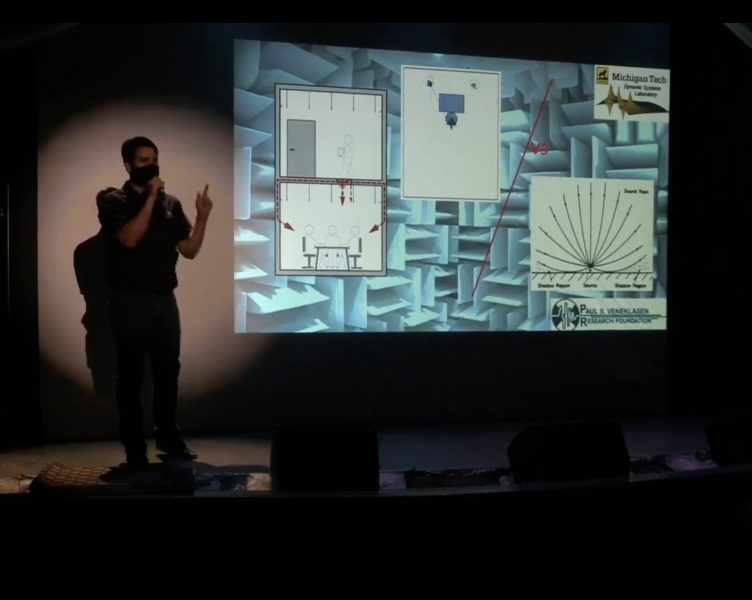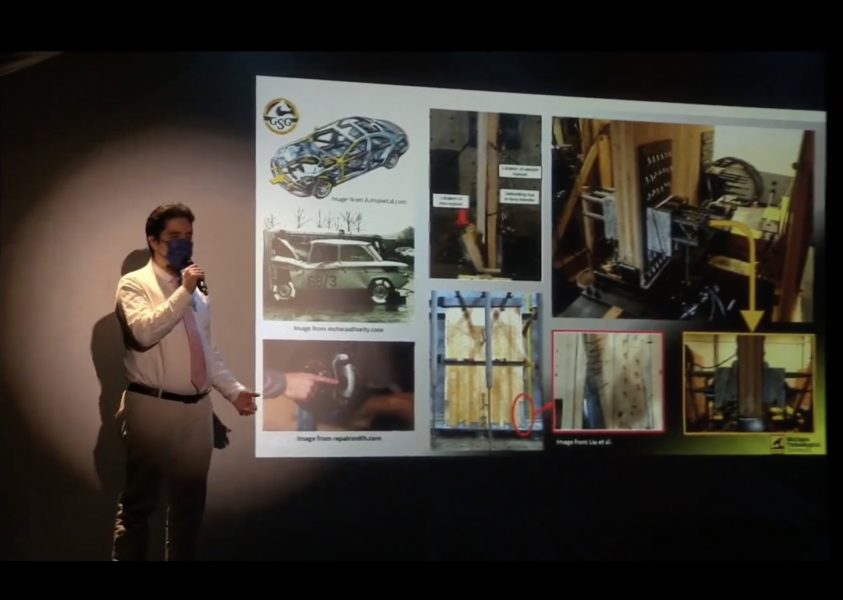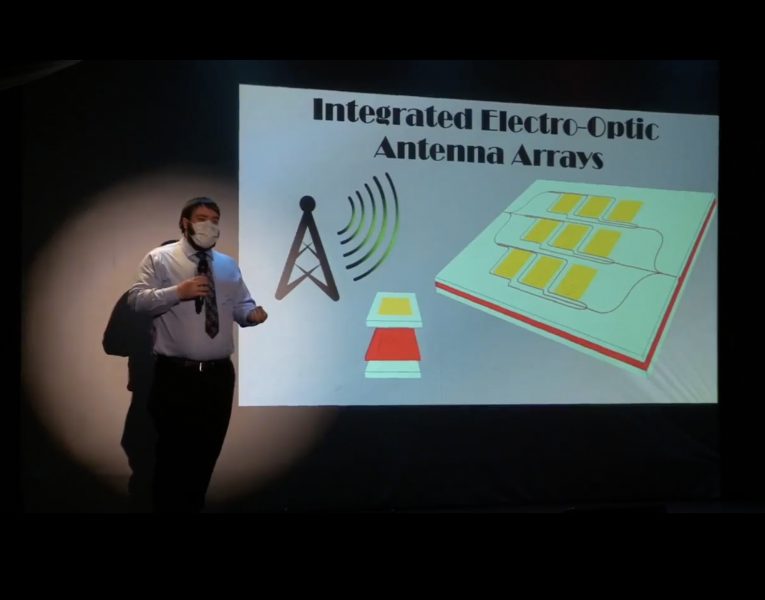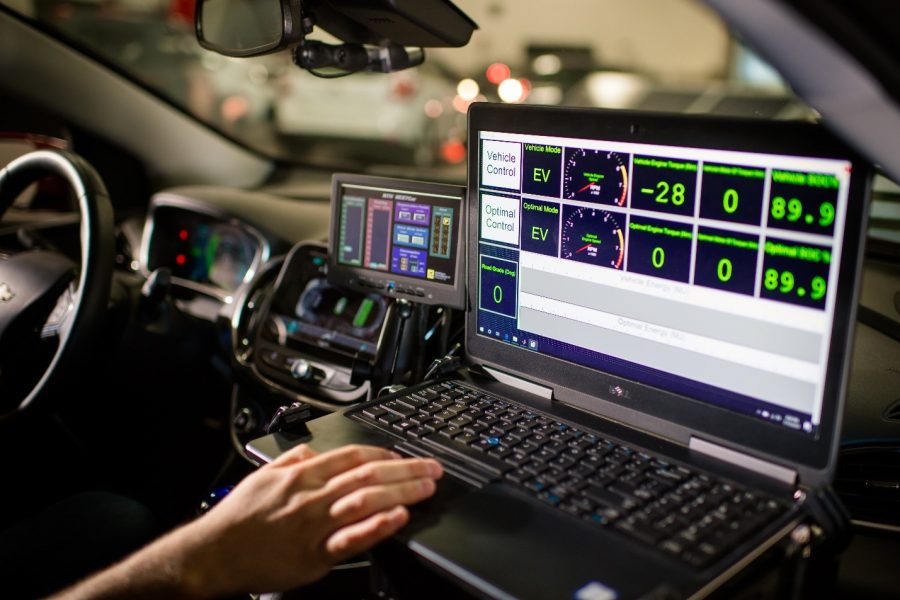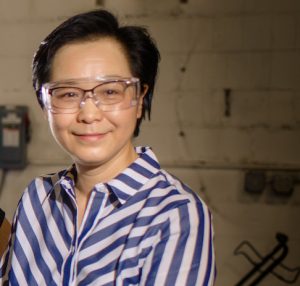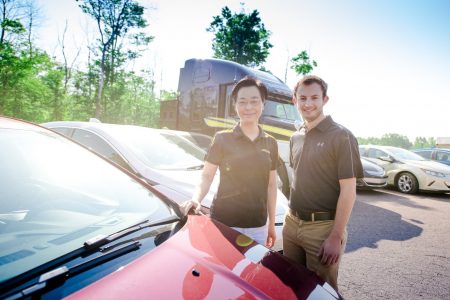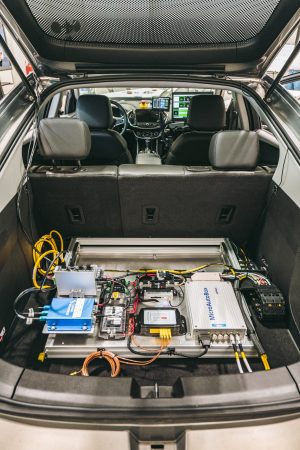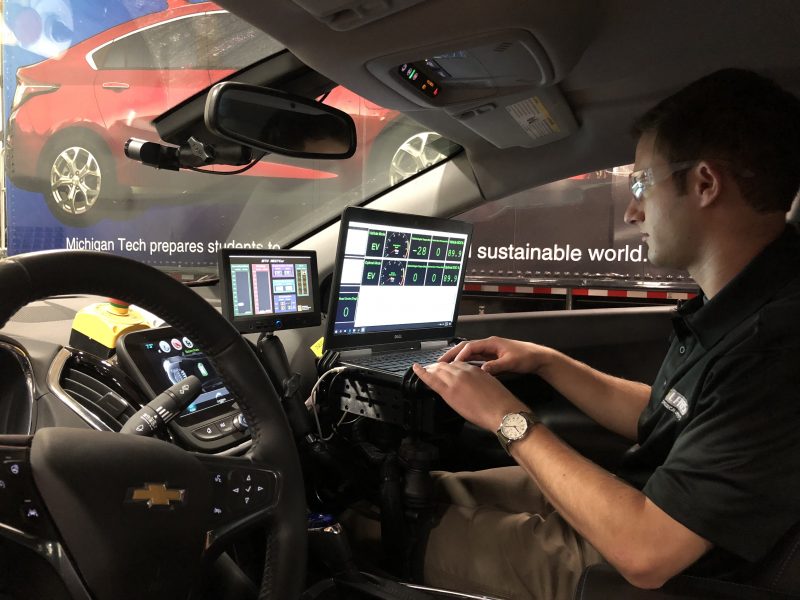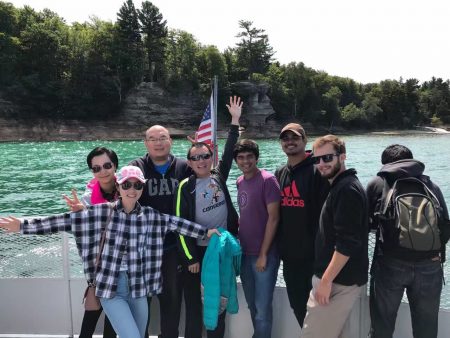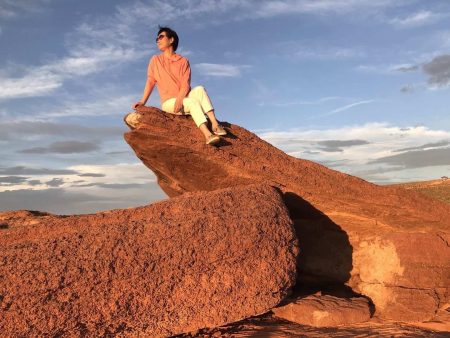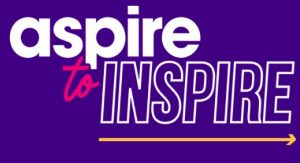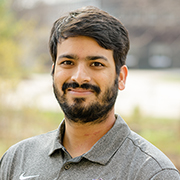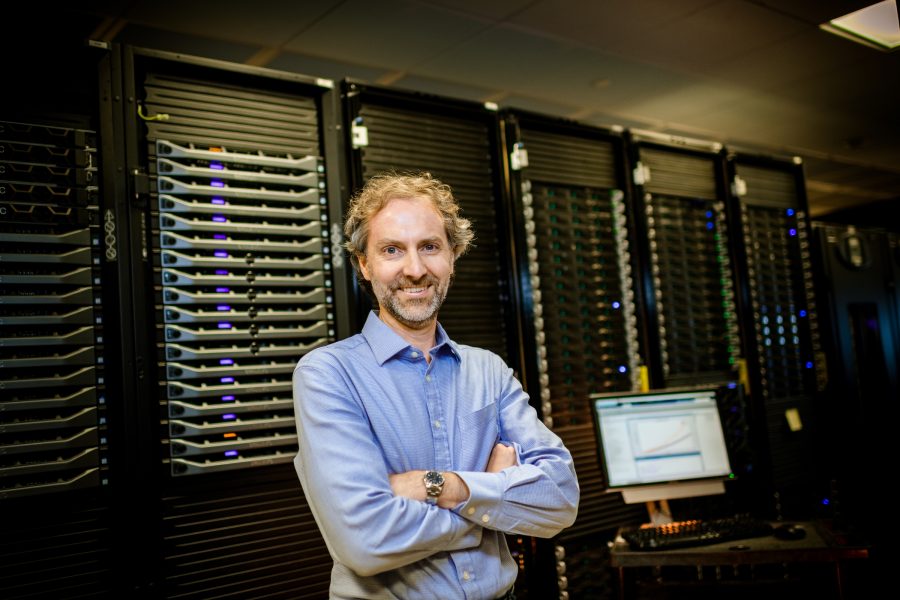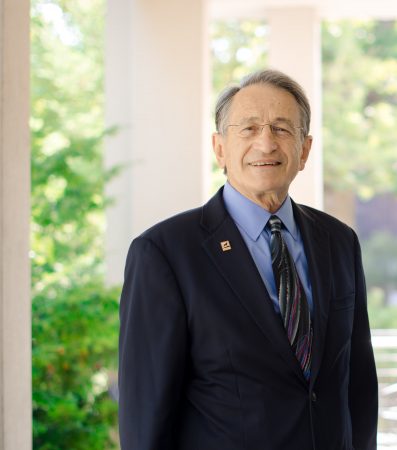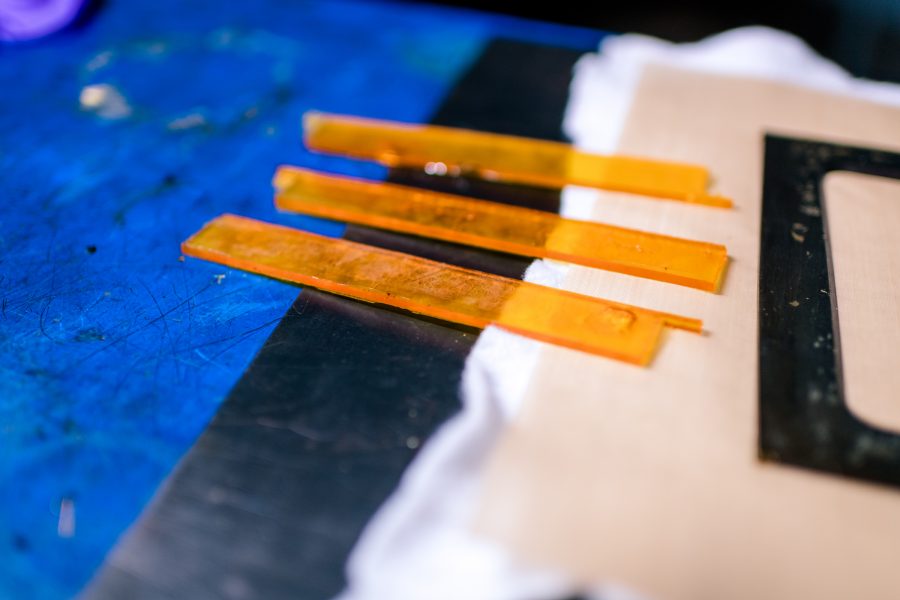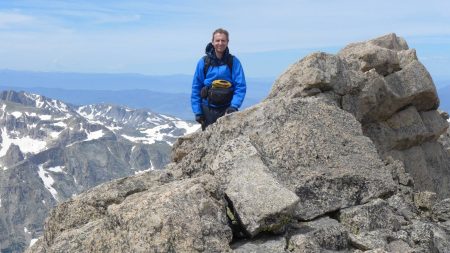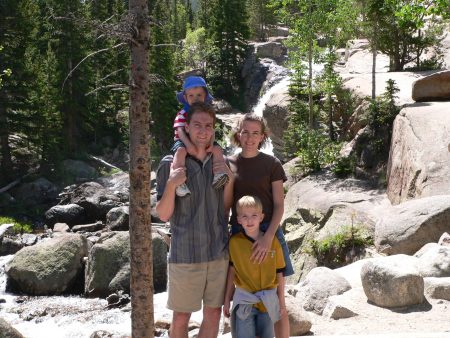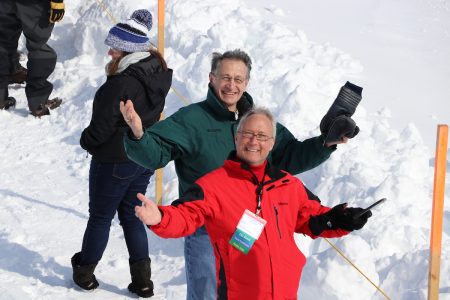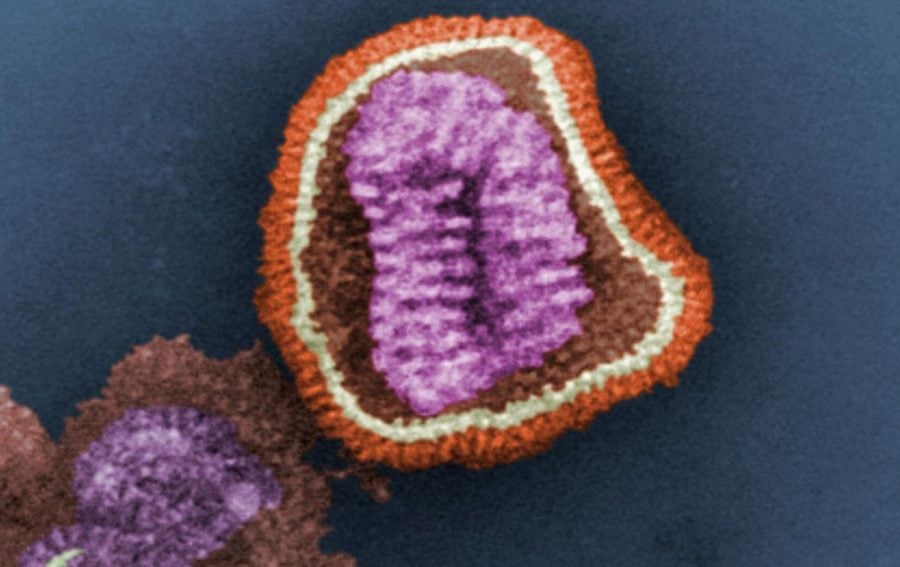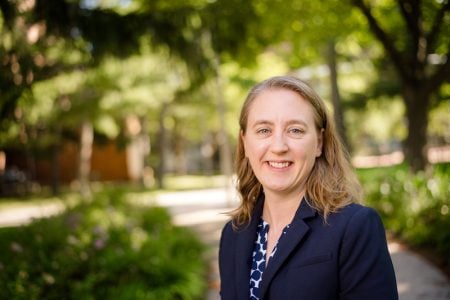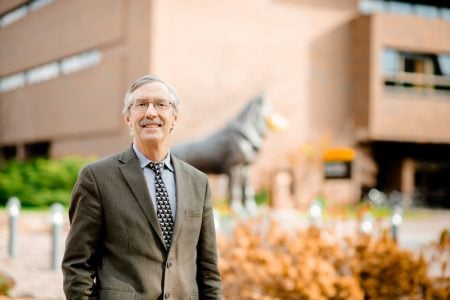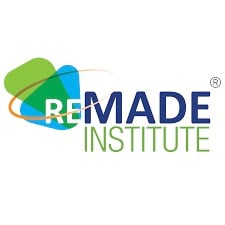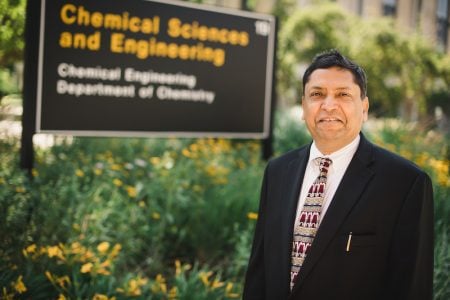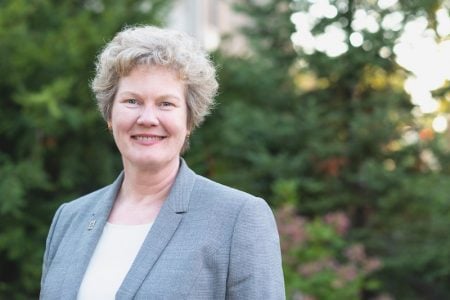
Michigan Tech class of 2021 celebrates midyear commencement with speaker Mike Pulick Jr. Pulick built an exceptional career through developing the business leadership skills he first learned at Tech. The 1986 electrical engineering (EE) graduate also knows about following in family footsteps — and in his case, those steps led to extraordinary family ties with Michigan Tech.
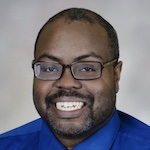
Michigan Tech alumnus Eugene Manley Jr. discussed science, mentoring and STEM diversity as a “brilliant but not famous” guest on the Research Evangelist podcast. He is Director, Scientific Programs at the Lung Cancer Research Foundation. He received his BS in Mechanical Engineering at Michigan Technological University, a masters in Biomedical Engineering from the University of Wisconsin, and PhD in Molecular Biology, Cellular Biology and Biochemistry from Boston University.
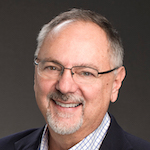
Civil Engineering ’81 BS, ’82 MS alumnus Jim Morrison has joined STV Incorporated as VP and engineering chief for tunneling and geotechnical engineering. In this role, Morrison will serve as a project lead and senior advisor on projects with geotechnical and tunneling elements.

The appointment of MTU alumnus Eric Roberts (‘93 ME-EM) as the new executive director of 20Fathoms was featured in the Traverse City Record-Eagle. Roberts said 20Fathoms has more than 90 members, a record high. 20Fathoms also taught more than 250 people skills — often virtually — through its HealthSpark Accelerator, tccodes and tccyber through a pandemic.

